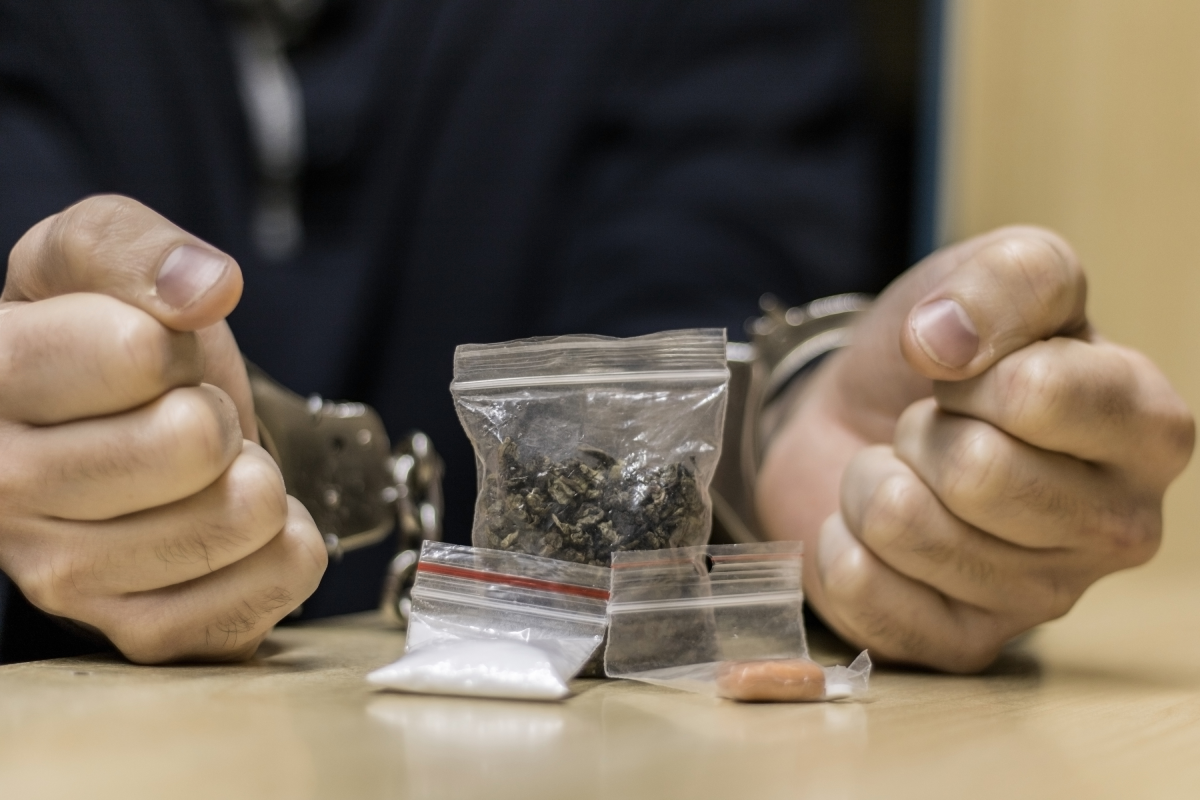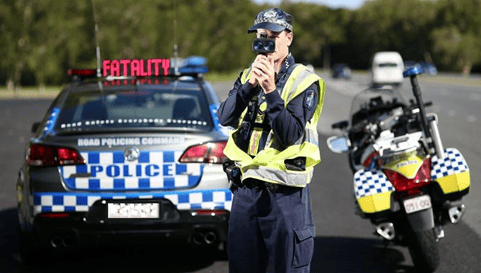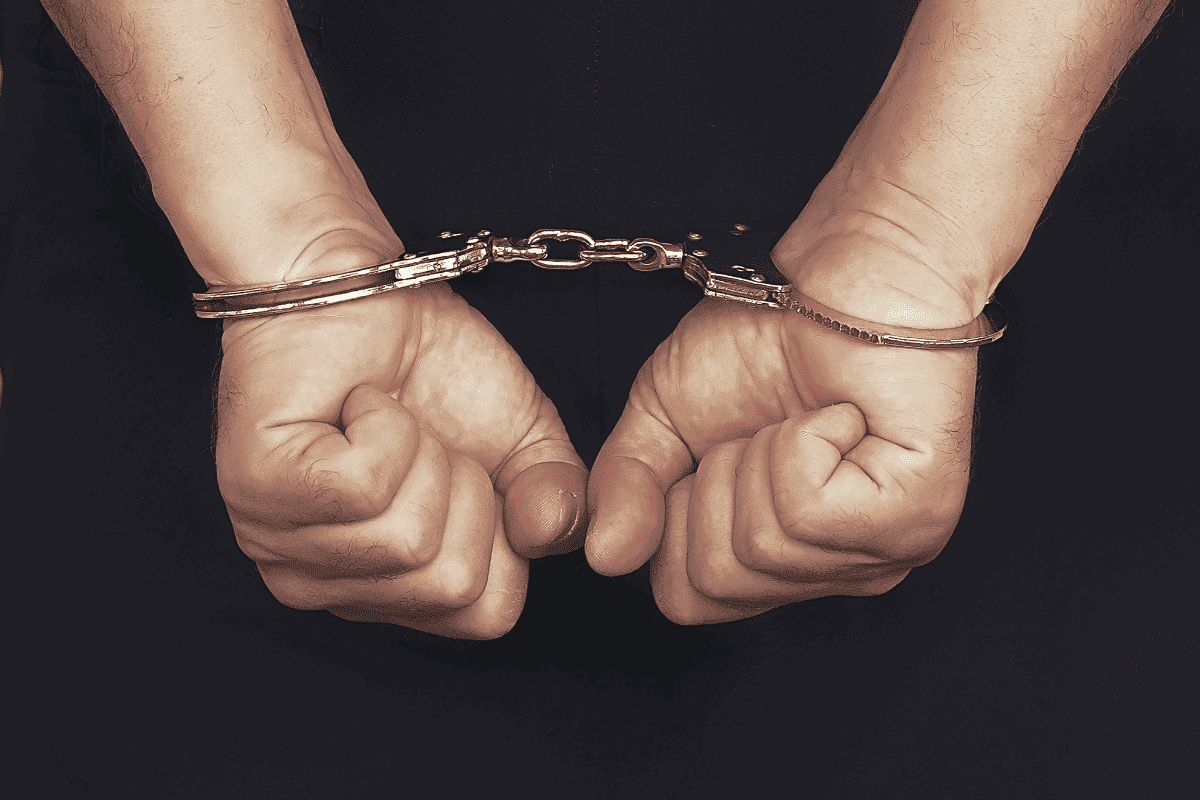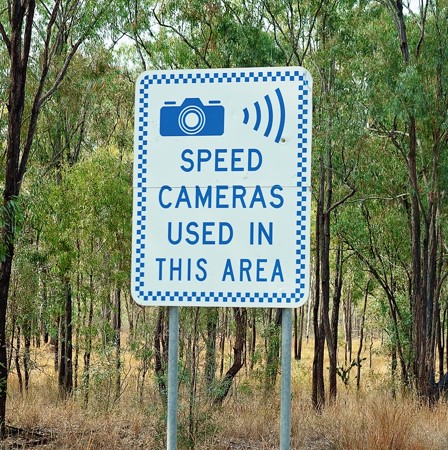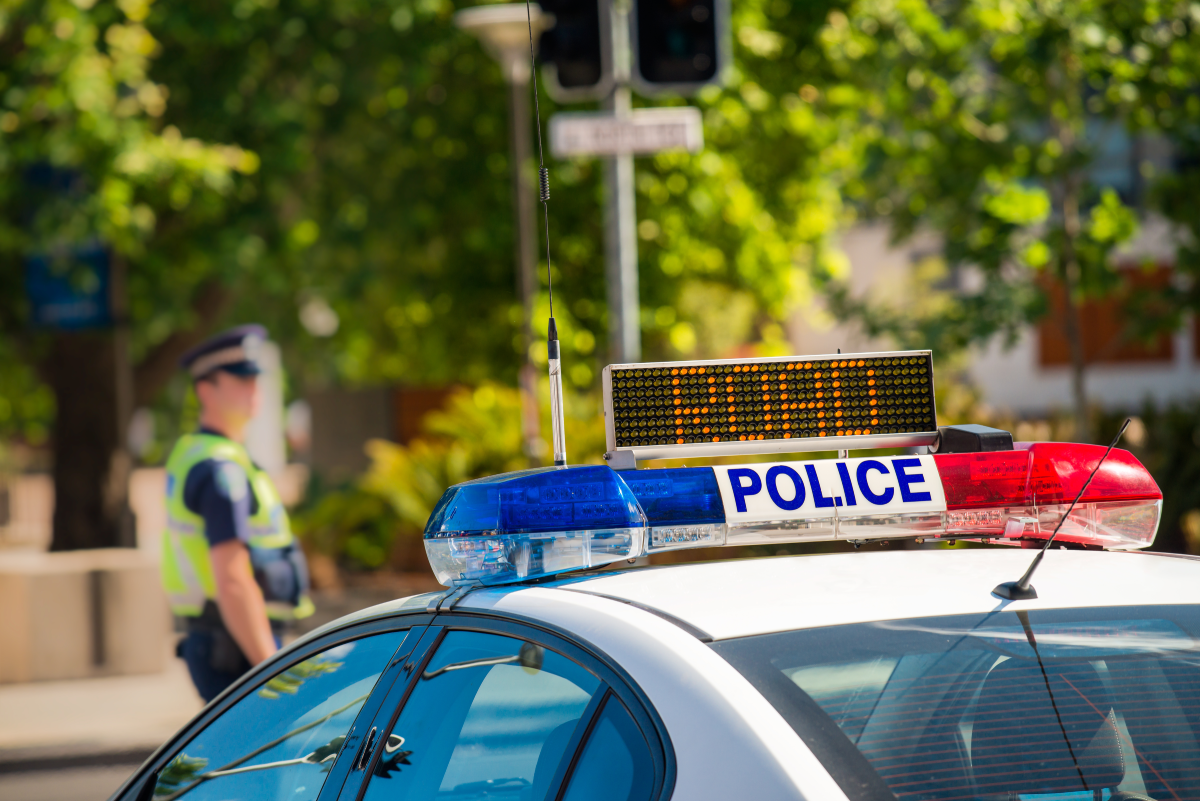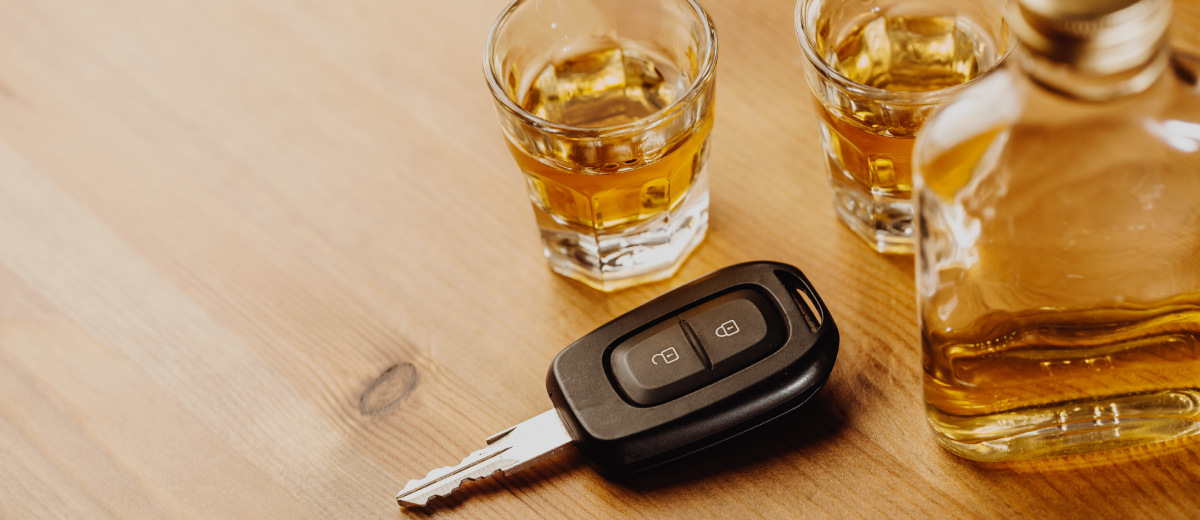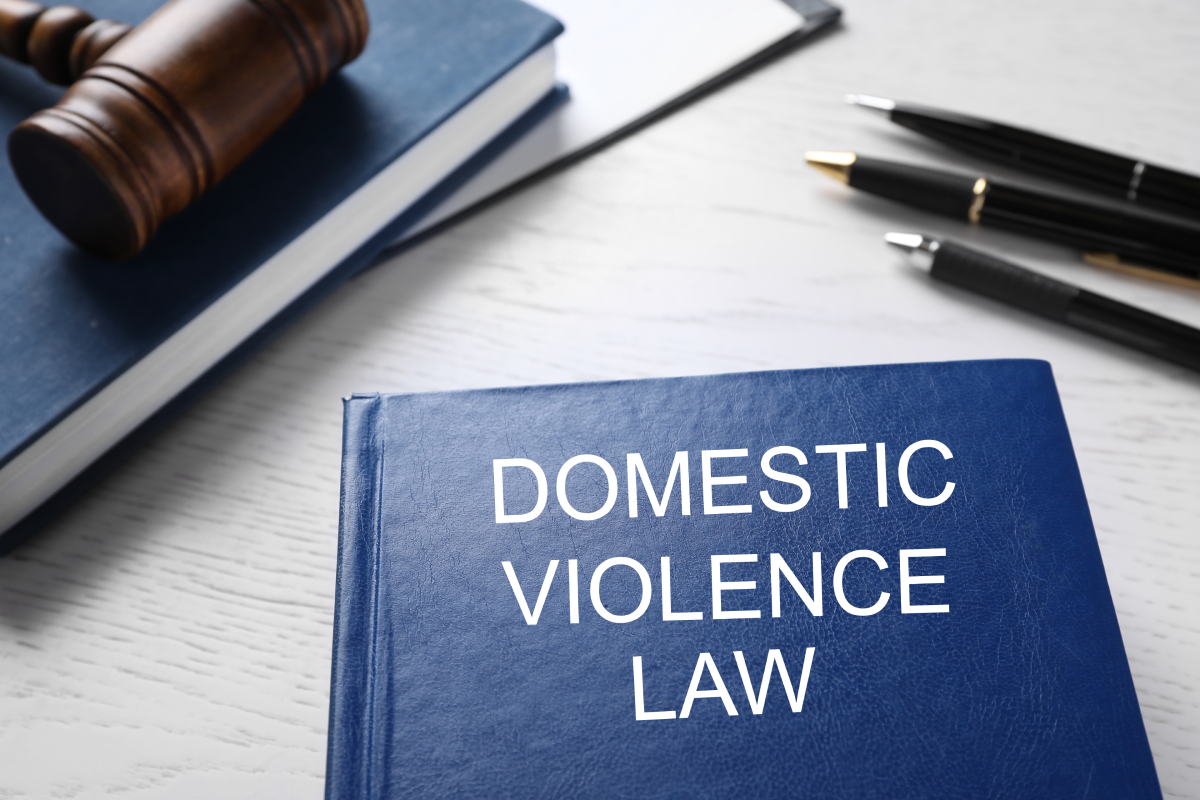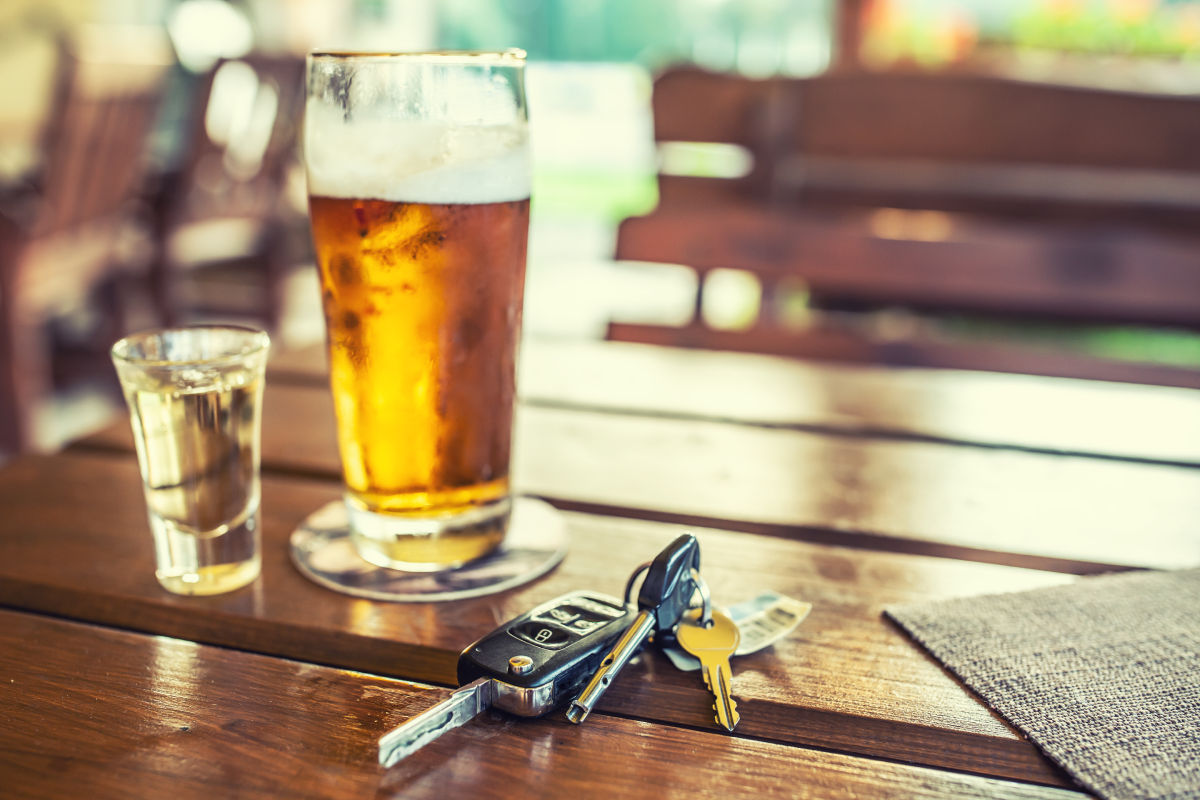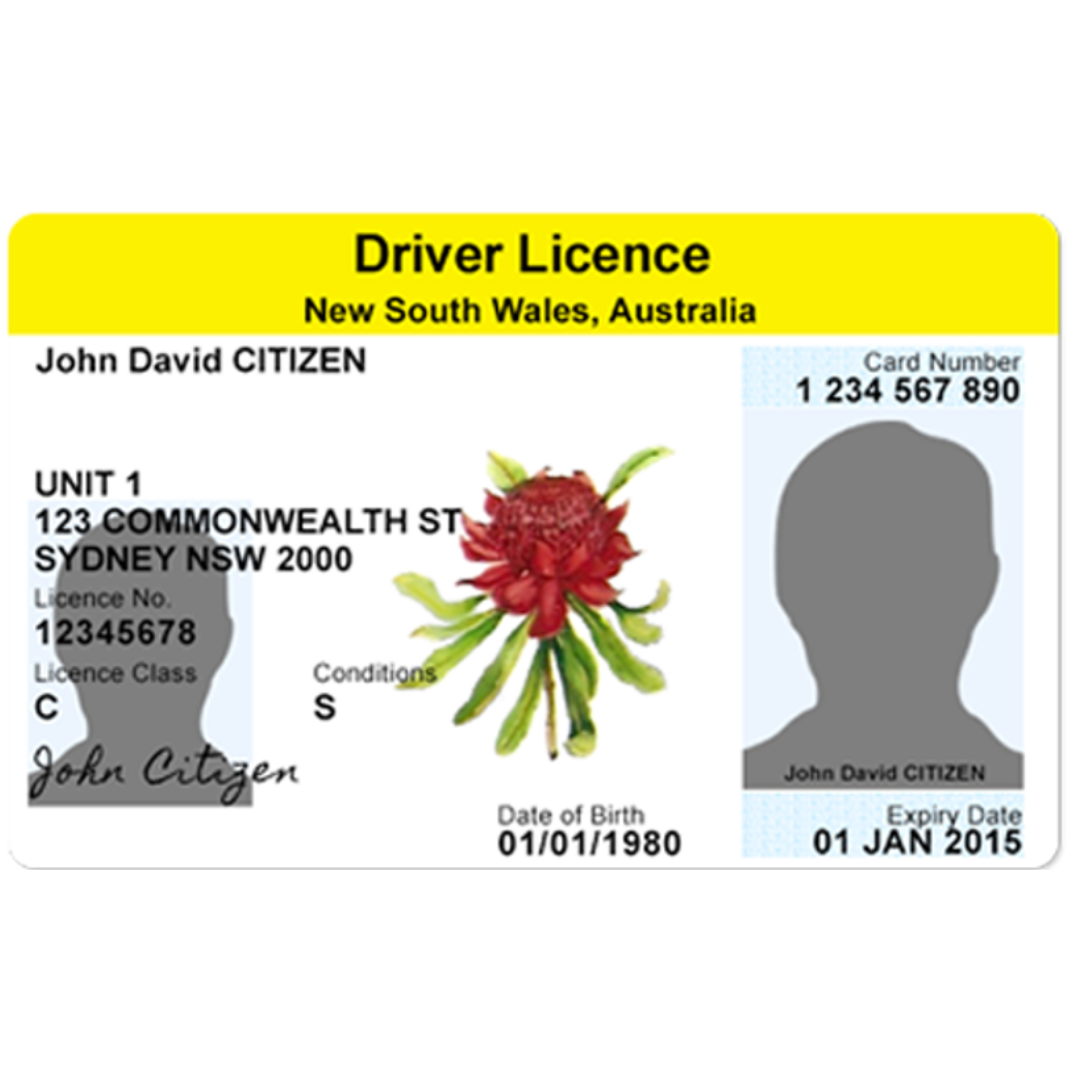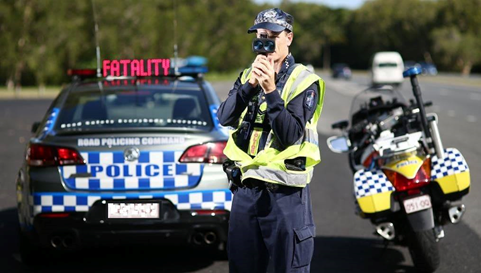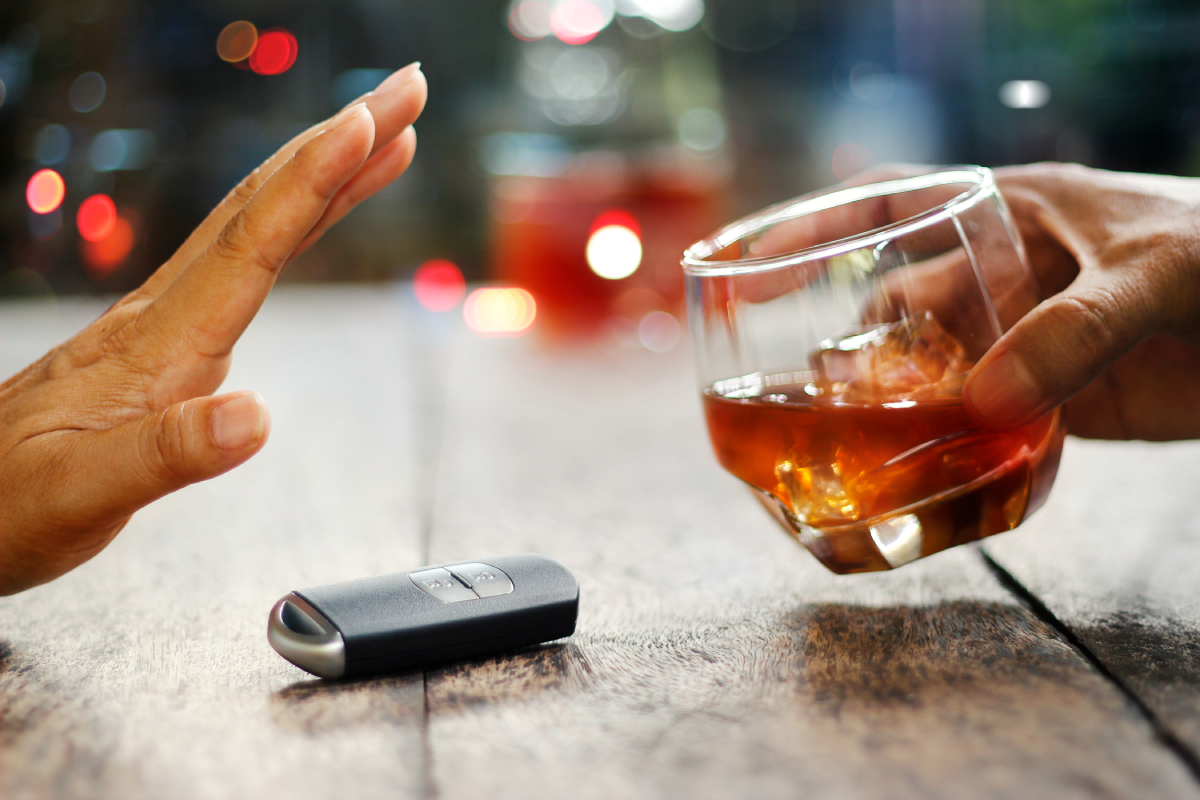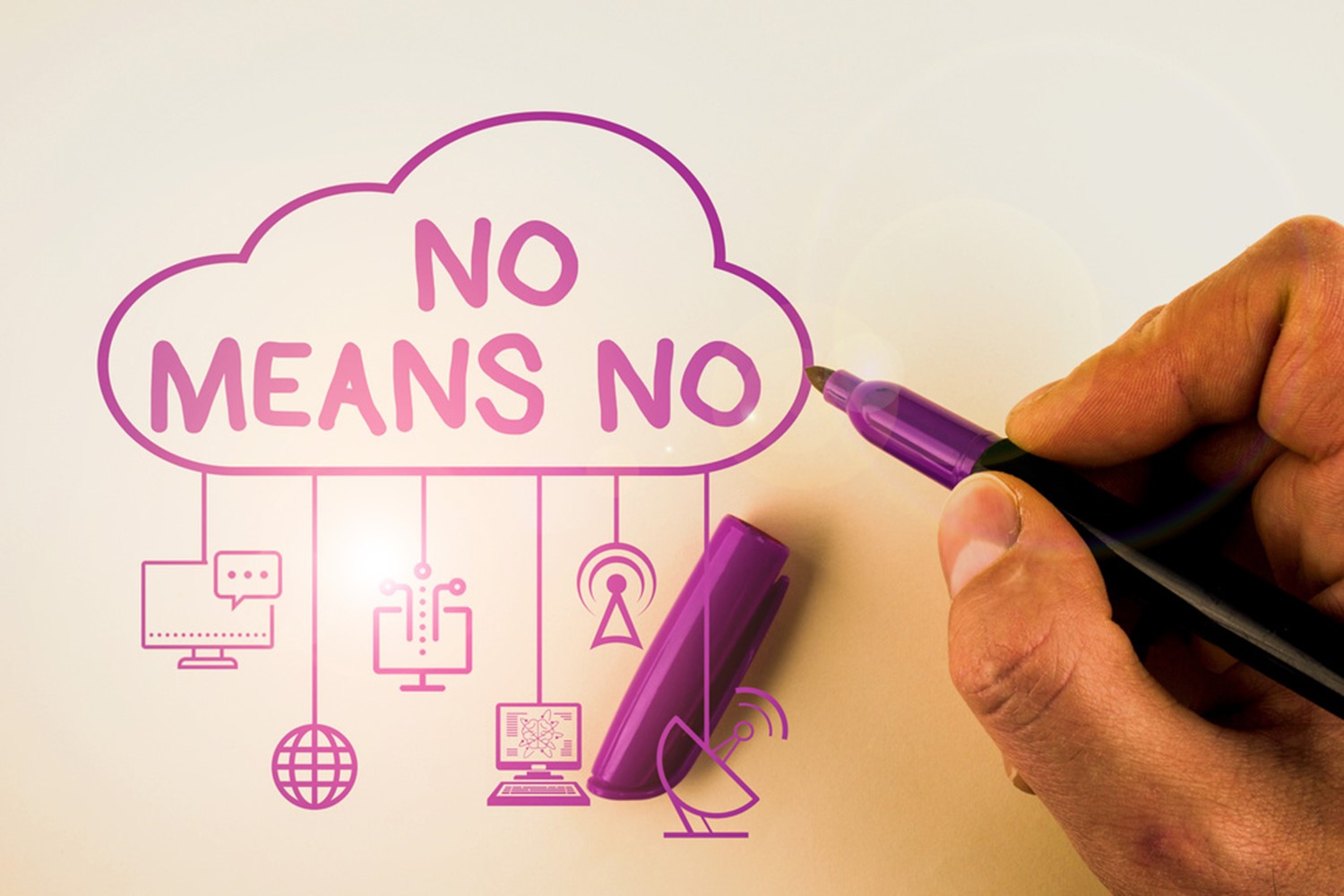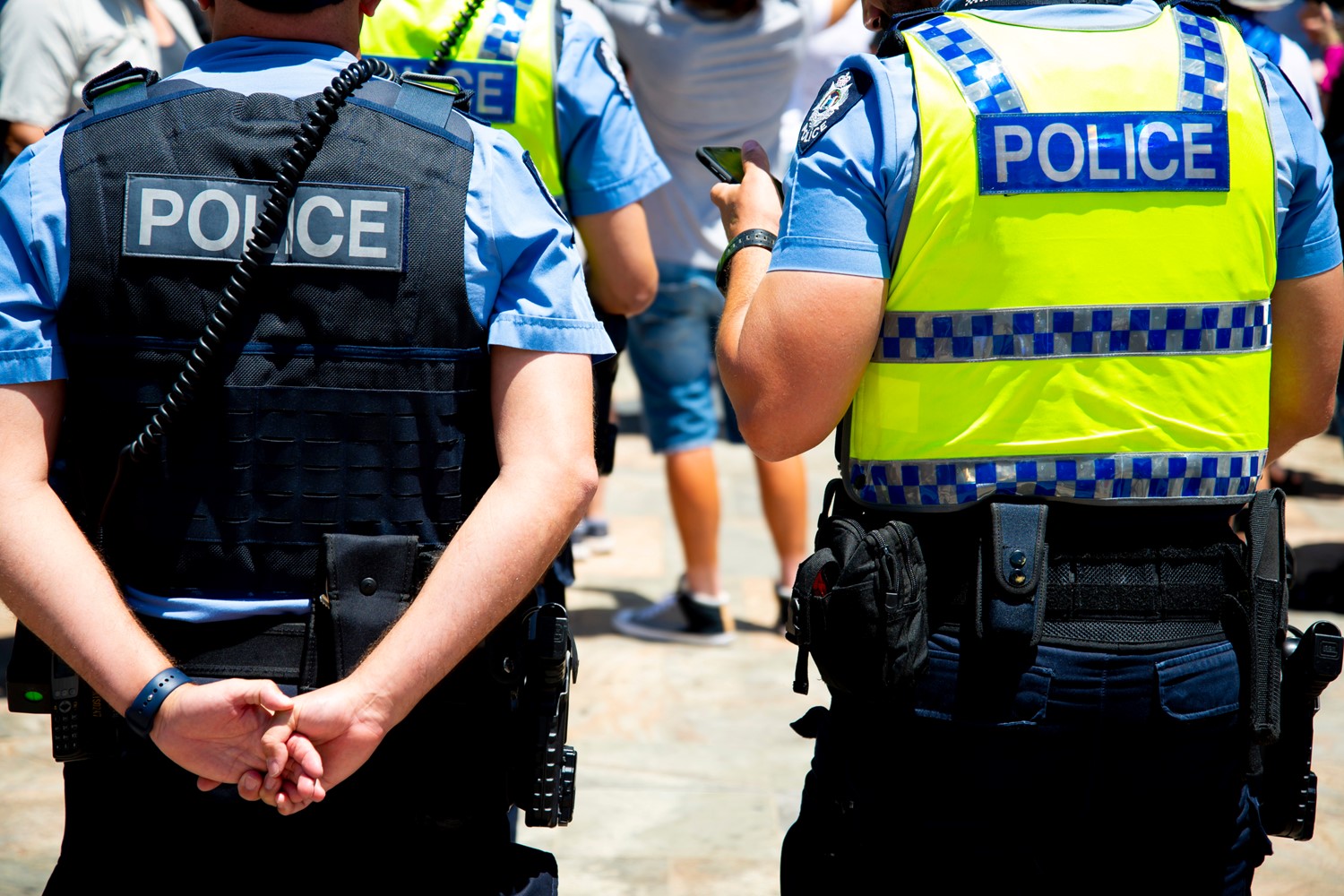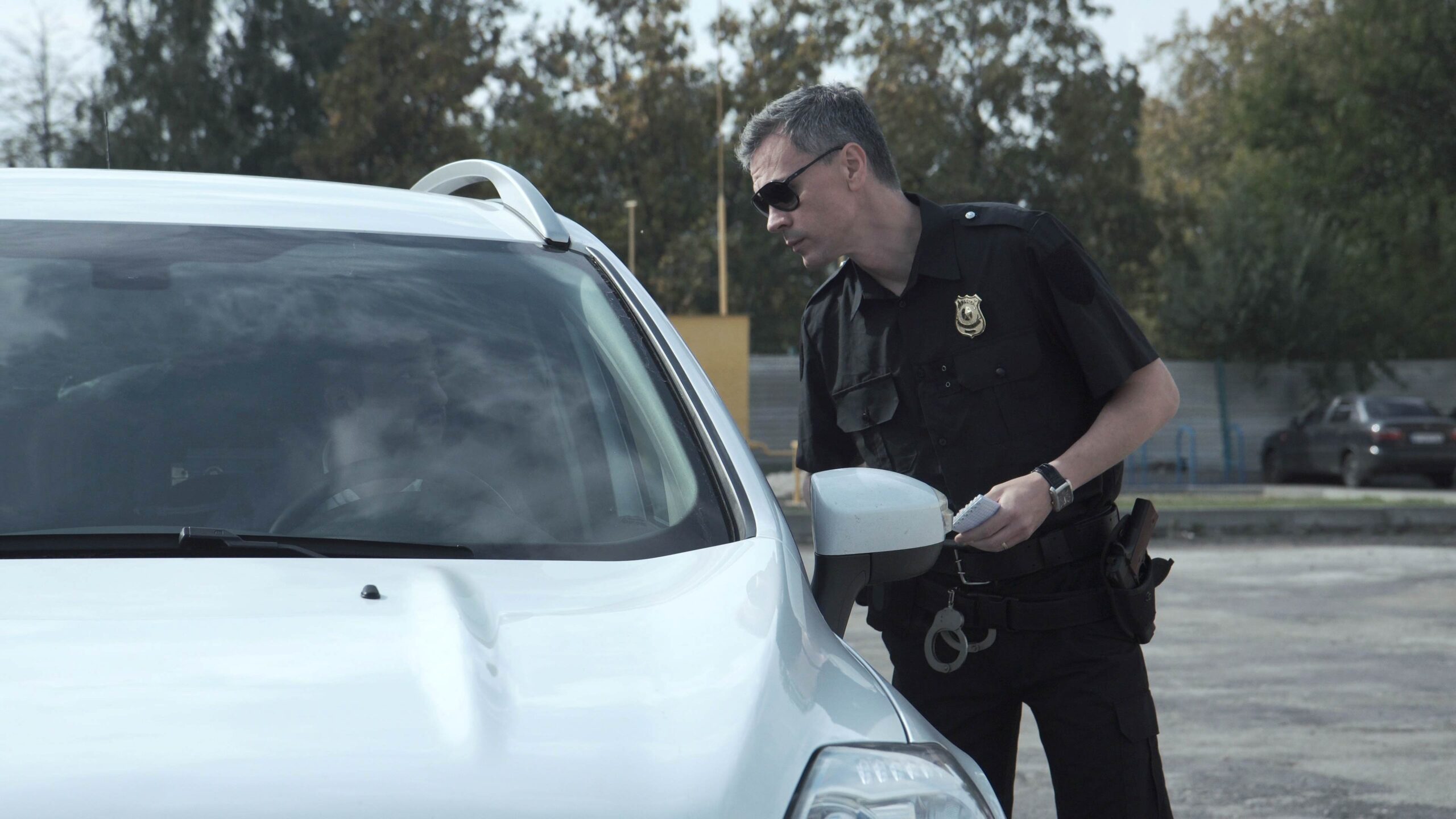Key Takeaways
- In NSW, penalties under the Drug Misuse and Trafficking Act 1985 range from fines (expressed in penalty units) to life imprisonment for large commercial supply.
- Treatment of juvenile drug offences varies by jurisdiction.
- Courts may consider non-custodial sentences like probation or community service for first-time offenders, depending on the circumstances.
Table of Contents
List Of Drug Charges And Sentences Australia
Australia has devised a framework to regulate drug offences. Thus, the country has different types of penalties and sentencing depending on the type of drug involved and the person’s circumstances. Therefore, it is essential to understand the legal implications to navigate the legal system and make proper decisions.
Controlled substances are possessions and supplies of illegal drugs such as heroin, cocaine, amphetamines, and cannabis. The penalties may range from fines to imprisonment for the possession of Schedule 1 drugs such as heroin and cocaine, which fall under the most severe penalty.
Understanding drug charges and sentences helps individuals understand the legal implications and thus make important decisions about the cases. It is also essential to understand the factors that influence sentencing, such as the quantity of products, intent, circumstances, and the outcome of the legal framework. Prevention and diversion: Knowledge of drug laws can inform strategies for preventing drug-related offences and promoting diversion programmes.
What Are The Charges For Drug Possession In Australia?
In NSW, a person may be deemed in possession if a prohibited drug is in their order or disposition, even if kept elsewhere; these offences are prosecuted summarily.
Types of charges are:
- Possession for personal use, which means a person has small quantities of drugs that are for personal use. The penalty may include a warning, a fine, or community service.
- Where a person has possession of a prohibited drug not less than the traffickable quantity, possession shall be deemed to be for supply
The legal terminology for:
- Possession of narcotics is the act of having physical custody or control over a narcotic substance such as cocaine and heroin.
- Illegal drug possession means the act of having possession or control of drugs that are illegal, such as cannabis, ecstasy, and other illicit substances.
However, it is essential to remember that drug charges and penalties for drug possession are different according to states and territories, as well as the type and quantity of the drug. It is also important to know the extent of the crime and what is a criminal lawyer and why do criminal lawyers defend criminals in this instance.
Facing drug charges and sentencing? We can help!
Our experienced criminal lawyers can help you navigate the complexities of drug charges and sentencing. We will work tirelessly to protect your rights and fight for the best possible outcome in your case.
Visit us today!
What Are The Sentences For Drug Charges In Australia
The sentences for drug charges in Australia are governed by drug misuse and trafficking legislation, according to states. The maximum penalties are different for different types and quantities of drugs involved. The minimum penalty for possession of a small amount of drugs for personal usage may incur a fine of $2,200 and/or community services. For the distribution of drugs, the fine could range around $11,000 and/or imprisonment of a minimum of 2 years. The maximum penalty for distributing large amounts of drugs is a hefty fine of $110,000 and imprisonment of up to 10 years. For distribution, the penalty is a fine of $550,000 and a prison penalty. For drug trafficking, the penalty is a fine of $1,100,000 and/or life in prison.
For differences by state:
New South Wales:
- Possession of drugs in NSW incurs a fine of up to $2,200 and/or community service.
- Where an indictable DMTA offence is dealt with summarily (amount ≤ indictable quantity), the maximum is 100 penalty units or 2 years, or both
- For distribution of commercial quantities, individuals may face up to 20 years imprisonment and a possible fine of $110,000.
Victoria:
- Drug possession can result in a fine that may range around $1,500 and/or community service.
- For the distribution of non-commercial drugs, the fine may range around $8,000 and/or possible imprisonment of up to 2 years.
- For distribution of commercial quantities, individuals may face up to 20 years of possible imprisonment and a fine of $110,000.
Queensland:
- Drug possession can result in a fine that may range around $1,000 and/or community service.
- For the distribution of non-commercial drugs, the fine may range around $6,000 and/or possible imprisonment of up to 2 years.
- For distribution of commercial quantities, individuals may face up to 20 years imprisonment, and a fine may range around $110,000
The severity of the case will be determined during sentencing. Factors that would be considered are the quantity, type of drug, intent, role of offence, presence of aggravating or mitigating circumstances, and whether it is a repeat offence. When determining the sentence, the Court may consider mitigating factors, such as a lack of prior criminal history, age, or mental health issues.
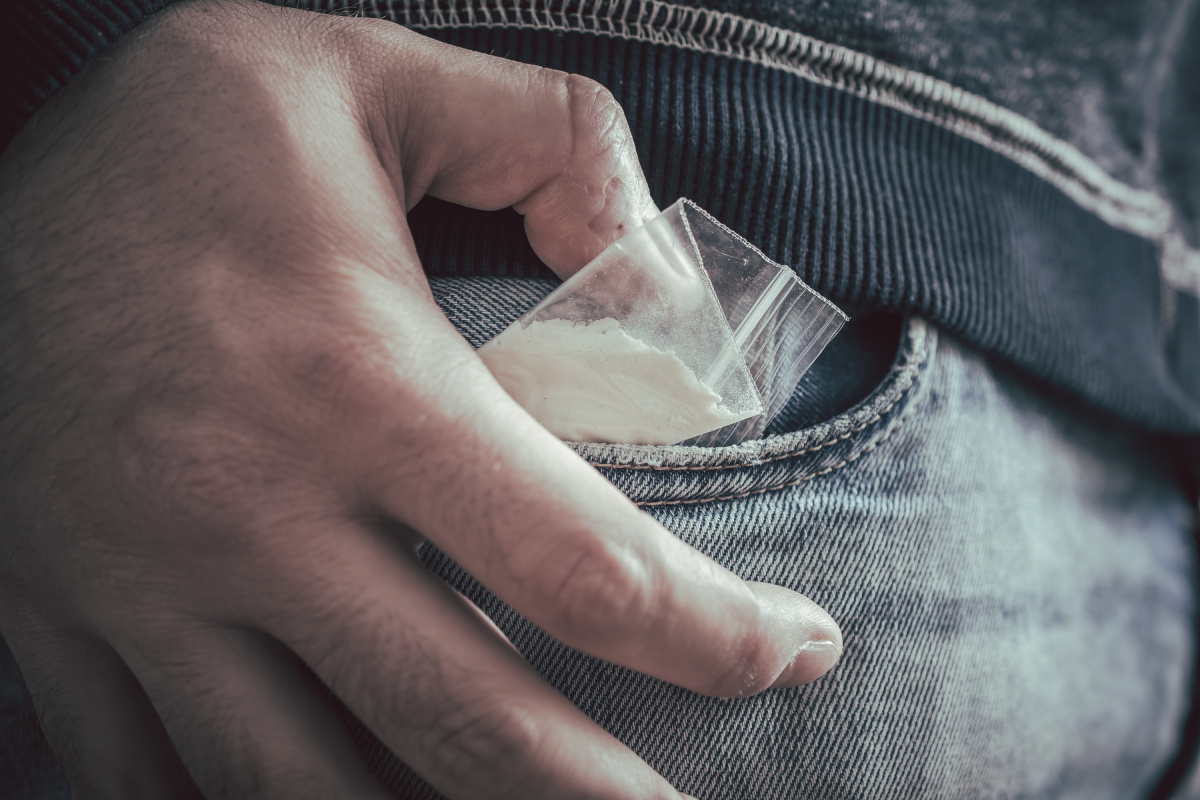
Is Drug Possession A Criminal Or Civil Offense In Australia?
In Australia, drug possession is considered a criminal act, and the penalty for possession of drugs depends on the type and quantity. For example, if an individual is caught with 50 grammes of marijuana in Victoria, it is not potentially deemed a trafficking offence, and the penalty is a fine. However, if the individual has more than 50 grammes of marijuana and for the intent of distribution, then a penalty of 400 units may be imposed with 5 years imprisonment.
However, there are some cases where drug possession would garner a fine and not imprisonment. For instance, in NSW, there can be a fine on the spot for those with small amounts of drug possession. The fine could range to around $400, and there was no attendance in court. This depends on whether it is a first-time offence and there is a good behaviour bond or a non-conviction order that causes a lesser penalty.
What Is The Maximum Sentence For Drug Trafficking In Australia?
Drug trafficking is the act of selling, transporting, and illegally importing controlled substances. This is when it is done other than personal consumption or possession and involves cultivation, production, distribution, and sale. Furthermore, the law in Australia is complex and different between states and territories; thus, quantities differ in terms of threshold.
In NSW and Victoria, the threshold for heroin is 3 grammes. For tracking commercial quantity drugs, the maximum may go up to 25 years in prison and/or a possible fine of 3,000 penalty units. Thus, the maximum penalty for drug trafficking in Australia can be severe, with life in prison. Courts in Australia may impose 25 years imprisonment and/or a fine of up to 3,000 penalty units. It can even range up to life in prison for severe drug trafficking cases.
The court’s approach to sentencing in drug trafficking cases may be influenced by several factors, including quantity of drug, type of drug, and whether it involves an organised crime. Thus, the Criminal Law Group has a group of experienced lawyers to assist in reducing the sentence of drug trafficking offences. The firm has lawyers who can analyse the evidence and develop a strategic approach to reduce the charges. It is also important to determine how to prepare for consultation at a criminal law firm and to understand a guide to finding the best Sydney defence lawyers.
Don’t face drug charges alone.
We understand the serious consequences of drug charges and sentencing. Our team of skilled lawyers has a proven track record of success in defending clients facing drug-related offences.
Find out more!
What Are The Penalties For Synthetic Drug Offenses In Australia?
Synthetic drugs are illegal substances such as ecstasy, amphetamines, or anything that is chemically generated. These drugs are manufactured in illegal labs, are highly addictive, and have grave side effects. Types of synthetic drugs are synthetic cannabis, such as K2, MDMA, and other synthetic stimulants.
The penalties for manufacturing or producing synthetic drugs depend on the type of drug, the quantity, and the reason for the offence. Manufacturing or producing synthetic drugs is punishable by up to 25 years in prison and/or a fine of up to $100,000. Possession of synthetic drugs, even in small amounts, may lead to 2 years in jail and/or a fine of up to $2,000 or more. Those who sell synthetic drugs may incur penalties of up to $50,000 and/or 10 years in prison.
What Are The Charges And Penalties For Drug Dealing?
The charges and penalties for drug dealing depend on whether the individual intends to sell and distribute drugs. This serious offence can lead to penalties ranging from fines to imprisonment, depending on the type of drug and quantity. For instance, those who supply heroin may face 25 years in prison and fines. Those committing first-time offences may receive a shorter prison sentence and fine than repeat offenders. Additionally, the court may consider the offender’s history of similar crimes and willingness to cooperate with authorities.
Get the legal help you deserve.
Don’t let drug charges define your future. Our experienced criminal lawyers can help you fight charges and protect your rights.
Book us now!
What Are The Penalties For Possession Of Drug Paraphernalia In Australia?
Drug paraphernalia is the equipment, product, or material that is going to be used to create, manufacture, produce, process, prepare, or anything to do with the creation of illegal substances for the body. Examples of drug paraphernalia include pipes and bongs, scales, cutting agents, syringes, needles, pipes, wrappers, etc.
In NSW, possessing equipment for administering prohibited drugs is a summary offence; penalties are set in penalty units.
Possession of drug paraphernalia could indicate that the person may use or distribute drugs. Thus, the prosecution must prove that the individual may be using it for drug purposes.
How Are Drug Charges Handled For Minors In Australia?
Drug charges for minors are managed through the juvenile justice system. Thus, the charges would be that this individual would be rehabilitated and reintegrated into society. The age range for juvenile courts depends on state and territory, but mostly between 10 and 17 years old.
Juvenile courts handle drug offences differently than adult courts. Adults are charged in courts, whereas juveniles are charged as delinquents and go through adjudication. Minors are entitled to legal protections and penalties, such as the minimum age of criminal responsibility. They are not subject to adult criminal penalties and must focus on rehabilitation.
Diversion programmes for juvenile drug offenders would include the Juvenile Drug Treatment Court, Helping Adolescents Live Through (HALT), and community-based alternatives such as family therapy or community service. Successful rehabilitation outcomes for juvenile drug offenders would include reduced recidivism rates, improved mental health, and increased educational and employment outcomes.
We help navigate drug charges and sentencing.
Our team of criminal lawyers is here to provide you with the legal support you need during this difficult time.
Connect with us today!
What Are The Sentences For First Time Drug Charges?
Sentences for first-time drug charges would include 2 years of prison time and a fine of $11,000 or up to 15 years and/or $220,000, depending on the quantity and type of drug charges.. Some rehabilitation programmes focus on counselling, residential rehabilitation, and group meetings as an alternative. Moreover, having a good lawyer to represent you is essential to avoid prison and getting a lenient penalty.
Will First Time Offenders Avoid Jail For Drug Charges?
Depending on the circumstances of the case and the jurisdiction, first-time offenders charged with drug offences may be able to avoid jail time. The court considers several factors, including the offence’s seriousness, the drug’s quantity and purity, and the offender’s prior record and demonstrated rehabilitation. Non-custodial sentences, such as probation, community service, and fines, are often considered for first-time offenders. These sentences aim to rehabilitate the offender and minimise the likelihood of reoffending.
Probation is a common alternative to jail time for first-time offenders. It allows the offender to remain in the community under supervision, with conditions such as regular meetings with a probation officer, participation in rehabilitation programmes, and submission to drug and alcohol tests. Different jurisdictions in Australia have varying approaches to treating first-time offenders. For example, some states may have stricter laws and sentencing guidelines, while others may be more lenient. The court’s decision will depend on the specific circumstances of the case and the applicable laws in the jurisdiction.

